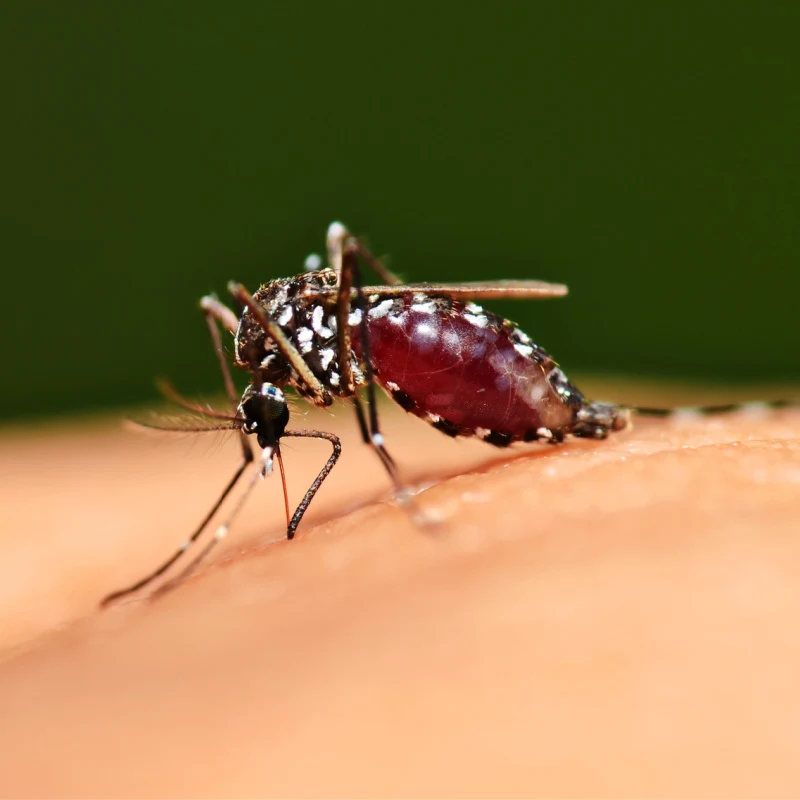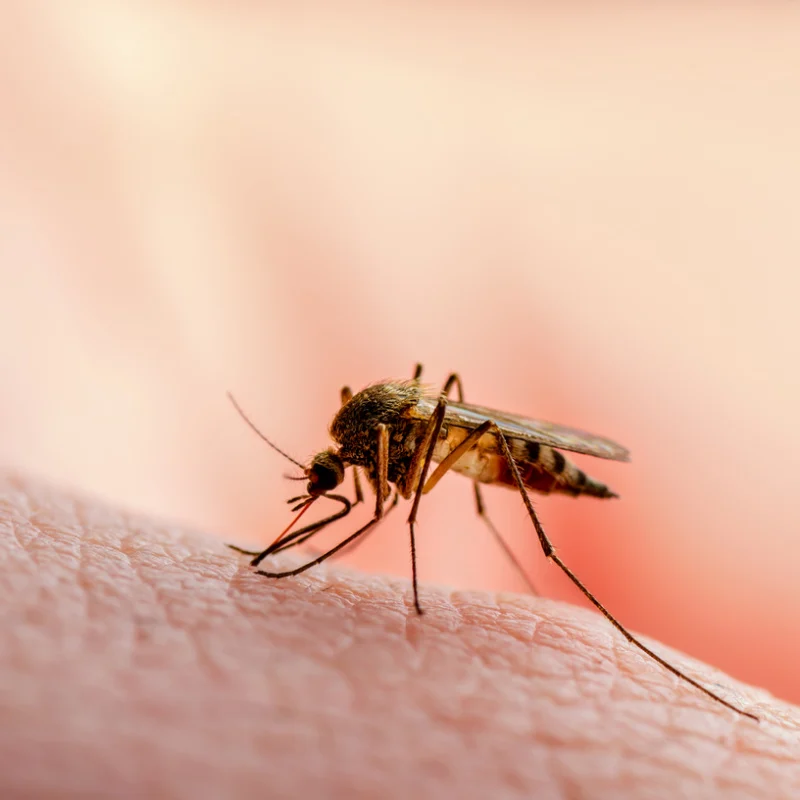The World Mosquito Program is on a mission to ‘dengue-proof’ Bali. Dengue fever and other mosquito-borne diseases are prevented in Bali, which negatively impacts the lives of thousands of people on the island every year, including tourists.
The World Mosquito Program is working in Denpasar and Buleleng Regency, utilizing Wolbachia technology to help make dengue fever a thing of the past.

The World Mosquito Program has been working in Indonesia since 2012 and has successfully run programs in Yogjakarta and in Bali.
In 2023, the organization has been expanding its operations in Bali and has been releasing Wolbachia mosquitos into the most disease-prone areas to help reduce the prevalence of disease-carrying mosquitoes in the area.
Mosquitoes can only become carriers for viruses by biting a person who is already infected. It is when they bite another person that the virus is transmitted.
Naturally, mosquitoes do not carry viruses. Additionally, only female mosquitoes bite humans, and as such, only female mosquitoes can transmit disease.
It is also important to note that the spread of Aedes aegypti mosquitoes has been one of the leading drivers of mosquito-borne disease in Asia and Africa. This species is known to be the primary transmitter of dengue, Zika, chikungunya, and yellow fever viruses amongst the human population.
Dengue fever is the most rapidly spreading mosquito-borne disease, with cases increasing thirty times over during the last fifty years.
This is where the Wolbachia bacteria and the World Mosquito Program’s Wolbachia technology come into play.
The Wolbachia bacteria is found naturally in 50% of all known insect species on earth, including certain mosquito species, dragonflies, and butterflies. Studies have shown that Wolbachia bacteria “poses negligible risk to humans and the environment.”
Through comprehensive research, the World Mosquito Program discovered that the dangerous Aedes aegypti mosquito becomes a carrier for Wolbachia the bacteria compete for resources against viruses like dengue fever, Zika, and yellow fever.
This means, in simple terms that when the common and disease-prone Aedes aegypti mosquito becomes a carrier of the safe Wolbachia bacteria the risk of transmission of mosquito-borne diseases is significantly reduced.
The process of breeding Aedes aegypti mosquito is a non-GMO process. Using microscopic needles sitensits took Wolbachia bacteria from fruit flies and injected it into Aedes aegypti mosquitos.
When the mosquitos breed, the competitive Wolbachia bacteria is passed from generation to generation and becomes increasingly prevalent in the population.
Since the discovery, Wolbachia mosquitoes have been released by the World Mosquito Program in eleven countries, and releases have already been conducted with community support in Bali throughout 2023.
In 2020, Bali had the highest rate of dengue cases of all Indonesian provinces, with data showing 270 cases per 100,000 people.

One of the key concerns being raised by tourists and locals is whether or not this technique is safe. The World Mosquito Program has shared the findings of three independent risk assessment investigations.
They report that “results concluded that there is negligible risk associated with the release of Wolbachia mosquitoes. This is the lowest possible rating. The risk assessments found that Wolbachia is safe for people, animals, and the environment.”
They add, “The World Mosquito Program has received regulatory approval from relevant government bodies in all the countries where we are releasing Wolbachia mosquitoes. In addition, we don’t release Wolbachia mosquitoes without community support.”
While there has been an increasing amount of concern and speculation growing on social media community sites in Bali this week from both locals and foreigners on the island.
The communities where mosquitoes are being released in Bali approve of the project, and the work has the backing of key political figures.
A petition has been launched online calling for the project to be postponed, citing speculation that the technology could be injecting AI technology into mosquitoes.
The World Mosquito Programs work in Bali is supported by the Bali Provincial Government, the Australian Government, and the Gillespie Family Foundation.
Remove All Ads & Unlock All Articles… Sign up for The Bali Sun Premium

Plan Your Bali Holiday:
Book The Best English Speaking Drivers For Airport Transfers & Tours
Choose From Thousands of Bali Hotels, Resorts, and Hostels with Free Cancellation On Most Properties
Book Cheap Flights To Bali
Don’t Forget Travel Insurance That Covers Medical Expenses In Bali
For the latest Bali News & Debate Join our Facebook Community
SUBSCRIBE TO NEW POSTS
Enter your email address to subscribe to The Bali Sun’s latest breaking news, straight to your inbox.
Discover more from The Bali Sun
Subscribe to get the latest posts sent to your email.

Rik
Friday 3rd of November 2023
Literally ZERO attention is paid in article to Filariasis which is the biggest concern for mosquito program, for god sake, not "AI"-based conspiracy.
Catherine
Friday 3rd of November 2023
This is avery misleading article. The safsty studies were about Yogya realease which doessn't release females. What is going to happen in Bali with 20 million eggs released every 2 weeks resuktung in 50 billion mosquitoes is a gene drive. Very scary